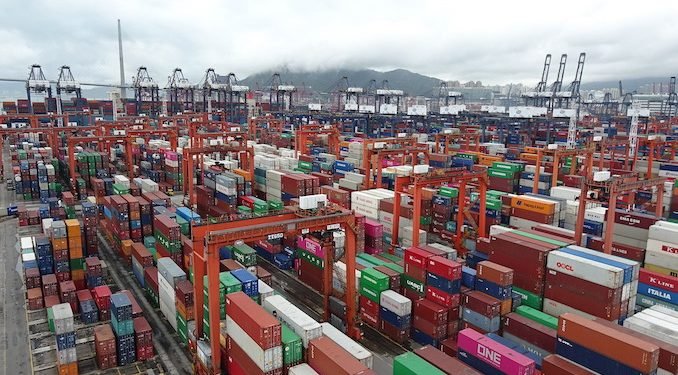HONG KONG, August 15, 2025 — CK Hutchison is cashing out of most of its ports empire, handing a controlling 80% stake in 43 terminals across 23 countries to a heavyweight investor group for $22.8 billion. It’s the kind of number that makes you look twice—and the kind of deal that tends to move the balance of power on the waterfront.
This isn’t a fire sale. It’s a reset. By offloading a big slice of long-dated infrastructure, the conglomerate frees up cash, trims debt, and doubles down on the businesses where it thinks it can run faster—telecoms, retail, and the parts of logistics where capital turns quicker. The buyers, led by global infrastructure specialists and the port arm of MSC, are hunting the opposite: stable cash flows, privileged positions on key trade lanes, patient returns.
Behind the headline figure sits the real story: control of chokepoints. Terminals are not just metal and concrete; they are scheduling rights, berth windows, labor relationships, and local politics. Fold a few of those into the orbit of the world’s largest container line and you don’t just add capacity—you bend network geometry. Fewer handoffs. Tighter schedules. A little more leverage when the seas get rough.
Regulators will have their say, especially where shipping, national security, and strategic assets overlap. That’s why the talk of broadening the ownership to bring in additional partners matters. The more diversified the cap table, the cleaner the path to approvals in sensitive ports.
Markets, for their part, read this kind of move as intent. For CK Hutchison, it signals discipline: monetise mature assets, recycle capital, simplify. For MSC, it signals endurance: build terminals into the core of the ocean strategy so the company controls not just ships, but the gates they pass through. If freight rates wobble—or geopolitics does what geopolitics does—port stakes can steady the ship.
Zoom out and you see the longer arc. A decade ago, the industry was still debating asset-light vs. asset-heavy. Today, the new orthodoxy looks more pragmatic: own the nodes that matter, partner where you must, and keep optionality everywhere else. This deal lands squarely in that camp.
The docks won’t change overnight. Cranes will still swing, stacks will still fill, and trucks will still queue at dawn. But ownership shapes incentives, and incentives shape flows. Give it a few quarters, and the map of who connects to whom—and on whose terms—will look a little different.























